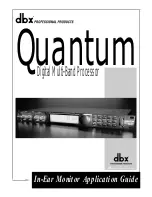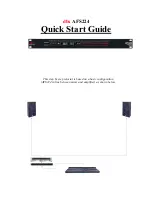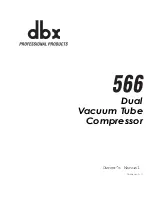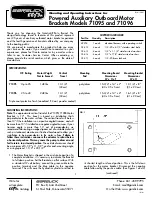
106
OMNISCANNER
The example shows a Time Domain Return Loss that exceeds the S-Bands. The
worst Return Loss is displayed at 7.0 ft, the connection. The conclusion is that the
reflection at the connection is the cause of the failure. This could be due to a
connector problem or excessively untwisted pairs at the connector.
Press ESC to exit the TDRL screen.
6.4.1 U
SING
TDRL
TO
D
IAGNOSE A
L
INK
S-Bands provide an easy method to pinpoint if the fault is located at the
connection or at the cable. The S-Bands allow you to determine if the connections
in a link meet the desired performance level. They are designed to match the
standard category of the selected Autotest.
A graph containing peaks that are located outside the S-Band at the connection
distance indicates that the connection and not the installed cable failed.
If Return Loss fails but the TDRL graph displays peaks within the S-Band at the
connection distance, the fault is caused by the cable portion of the link.
If failures occur at both ends of the link, use
or
to diagnose each
end. Failures at both ends of the link can interact.
6.4.2 TDRL E
XAMPLES
The following examples show the diagnostics process that is performed to identify
failures on typical links with 2 meter test cables.
GOOD CABLE, BAD CONNECTION:
The cursor in the Return Loss graph is located at the worst Return Loss at 135.2
MHz, which is outside the limit line. (For display purposes the cursor was moved.)
The Link failed. Why?
















































